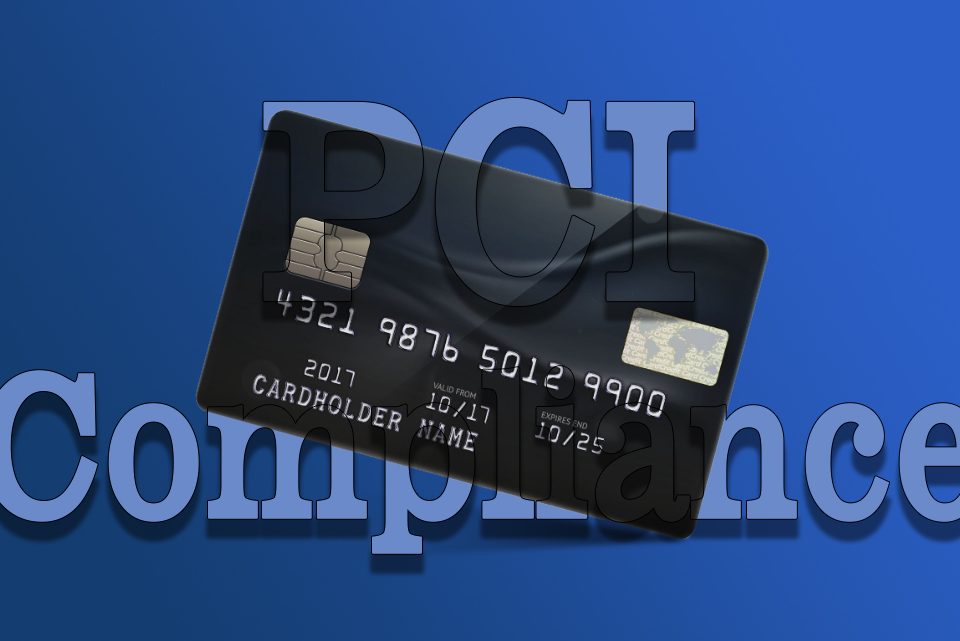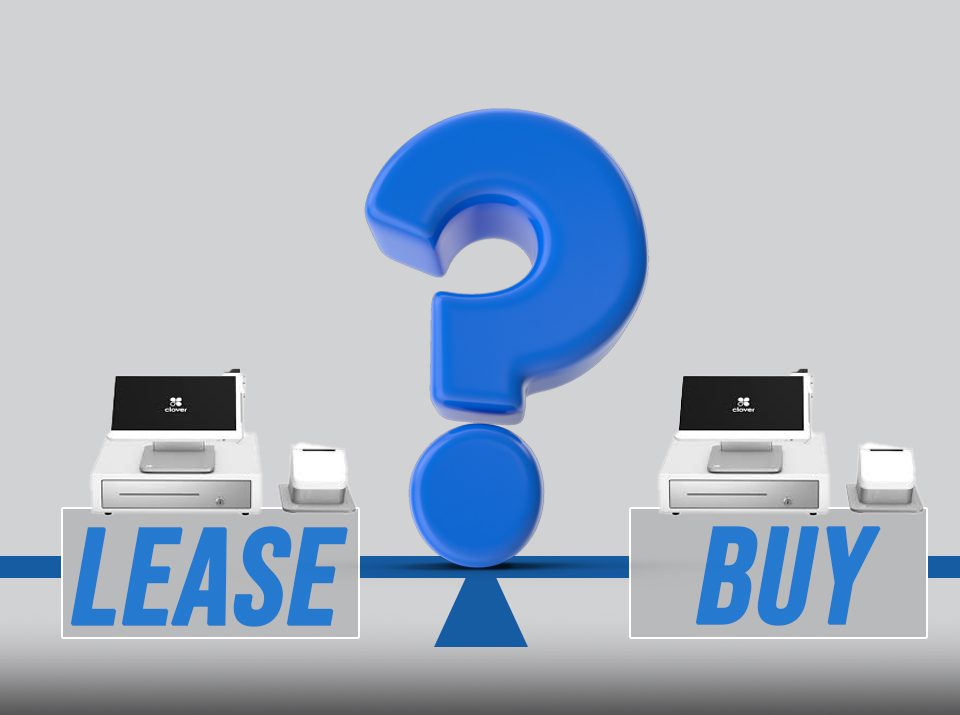10 Benefits of Having a Merchant Account

10 Smart Ways for Small Businesses to Reduce Credit Card Processing Fees
July 2, 2023
How Clover Point of Sale Can Transform Your Business Operations
September 12, 2023In today's rapidly evolving business landscape, where technology is reshaping the way commerce is conducted, having a merchant account has become a vital asset for businesses of all sizes. A merchant account, essentially a specialized bank account that enables businesses to accept payments via credit and debit cards, offers a plethora of advantages that can empower companies to grow, expand, and stay competitive. In this article, we delve into the benefits of having a merchant account and how it can positively impact various aspects of a business.
1. Expanded Payment Options:
One of the most significant advantages of having a merchant account is the ability to offer customers a wide range of payment options. In an era where cash transactions are becoming less common and digital payments are on the rise, having the capability to accept credit and debit card payments, as well as mobile wallet transactions, enhances customer convenience and satisfaction. This versatility not only caters to a broader customer base but also establishes a sense of trust and professionalism.
2. Increased Sales
A merchant account has the potential to boost sales significantly. When customers have the option to pay with their preferred payment method, they are more likely to complete a purchase. Moreover, the ease and speed of card transactions often result in higher average transaction values, as customers tend to be more willing to make larger purchases when paying with cards rather than cash. This can lead to a noticeable increase in revenue over time.
3. Reach All Your Potential Customers
With the rise of e-commerce, businesses now have the opportunity to reach customers beyond their geographical boundaries. Having a merchant account enables seamless online transactions, allowing businesses to tap into the global market. By accepting international payments, companies can unlock a vast customer base and potentially experience exponential growth.
4. Enhanced Credibility
Accepting card payments through a merchant account elevates a business's credibility in the eyes of customers. The association with established payment networks reassures customers about the legitimacy and professionalism of the business. This credibility can lead to increased customer trust, which in turn can foster repeat business and positive word-of-mouth referrals.
5. Streamlined Operations
Merchant accounts simplify the payment process for both businesses and customers. Transactions are processed electronically, reducing the need for manual handling of cash and minimizing the risk of errors. Additionally, funds from card transactions are deposited directly into the business's bank account, eliminating the need for frequent trips to the bank and enhancing cash flow management.
6. Reduced Risk of Fraud
Modern merchant accounts come equipped with advanced security features that help mitigate the risk of fraudulent transactions. These include encryption, tokenization, and real-time fraud detection systems. By adopting these measures, businesses can protect both their customers' sensitive data and their own financial interests.
7. Recurring Billing and Subscription Services
For businesses offering subscription-based services or products, a merchant account simplifies the process of recurring billing. This automation not only saves time and resources but also ensures a steady and predictable revenue stream.
8. Efficient Reporting and Analytics
Merchant accounts often provide businesses with access to detailed transaction reports and analytics. These insights can be invaluable for tracking sales trends, understanding customer behavior, and making informed business decisions. By having access to accurate data, businesses can fine-tune their strategies and offerings to align with customer preferences.
9. Access to Payment Gateways
Merchant accounts are typically linked to payment gateways, which act as intermediaries between the business's website and the payment networks. Payment gateways ensure secure transmission of payment information and provide a seamless checkout experience for customers. The integration of payment gateways into e-commerce platforms can significantly enhance the online shopping experience.
10. Competitive Edge
In a competitive market, staying ahead requires constant innovation and adaptation. Having a merchant account is no longer just an advantage; it's a necessity to keep up with evolving consumer preferences and industry trends. Businesses that offer a range of payment options, including card payments, position themselves as forward-thinking and customer-centric enterprises.
Conclusion
In conclusion, the benefits of having a merchant account are multifaceted and extend far beyond just enabling card payments. From expanding payment options and increasing sales to reaching a global audience and enhancing credibility, the advantages are diverse and impactful. As the business landscape continues to evolve, adopting a merchant account has become a strategic move that empowers businesses to thrive in a digital-first economy. By embracing this financial tool, businesses can create a seamless and secure payment experience, fostering customer loyalty and paving the way for sustained growth and success.
Visit Valiant Payments today for a free consultation.




